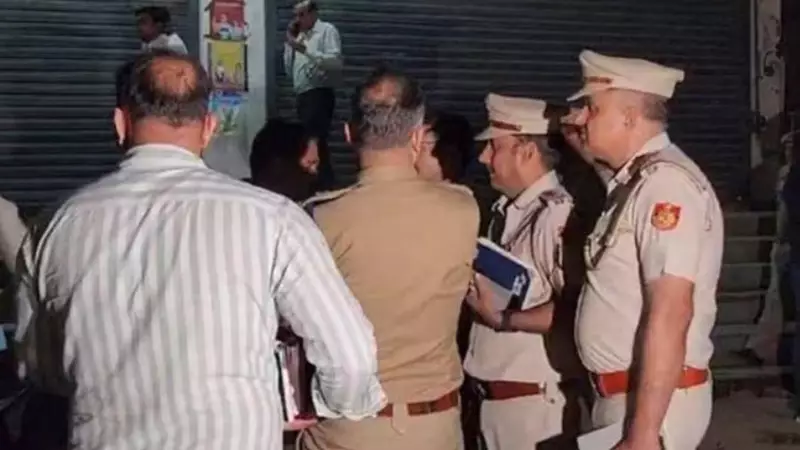
In a stern judicial rebuke that highlights concerning procedural lapses, a Delhi court has exposed a police officer for submitting a false and misleading investigation report in a shooting case that occurred in the capital's Nangloi area.
Court Uncovers Investigation Irregularities
Additional Sessions Judge Rakesh Kumar Singh delivered a sharp criticism of Assistant Sub-Inspector Satish Kumar, who had been tasked with investigating a shooting incident. The court discovered that the officer had submitted a final investigation report that contained significant factual inaccuracies and misrepresented key details of the case.
The judicial order revealed: "The investigating officer has not only submitted a false and misleading report but has also attempted to mislead the court regarding the actual facts and circumstances of the shooting incident."
Serious Lapses in Police Procedure
The case centers around a shooting that took place in Nangloi, where the court found multiple discrepancies in the police investigation. Rather than conducting a thorough inquiry, the officer submitted a report that failed to accurately represent the events that transpired.
This incident raises important questions about police accountability and the integrity of investigation processes in criminal cases. The court's strong reaction underscores the judiciary's growing impatience with procedural carelessness that could potentially compromise justice.
Judiciary Demands Accountability
The Delhi court's firm stance sends a clear message to law enforcement agencies about maintaining transparency and accuracy in their investigative work. Such judicial interventions are crucial for upholding the integrity of the criminal justice system and ensuring that investigations are conducted with the seriousness they deserve.
This case joins a growing list of instances where Indian courts have had to intervene to correct investigative shortcomings, highlighting the need for improved training and oversight mechanisms within police departments.





